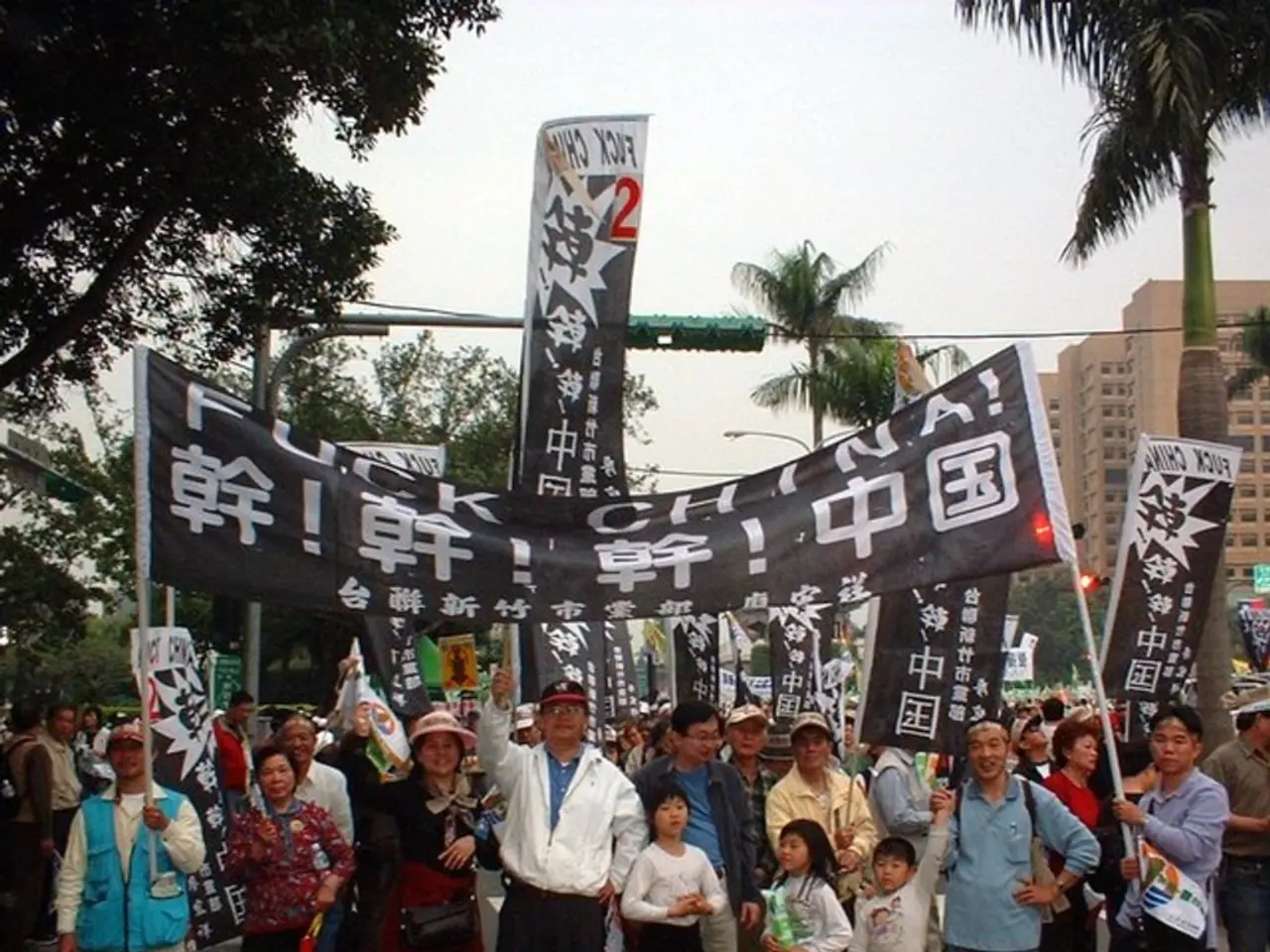Spain disregarded the pan-European proclamation favoring Ukraine
In a recent development, a pan-European declaration in support of Ukraine originated from one of the Baltic countries via official EU channels. However, not all European Union (EU) member states have shown their backing for the declaration.
Spain, in particular, has chosen to abstain from supporting the declaration. The country's foreign minister, José Manuel Albares, has urged the EU to form an independent China policy free from US influence, reflecting Spain’s broader cautious approach to EU foreign policy alignment. This stance suggests reluctance to fully endorse declarations that might be seen as overly influenced by external actors or that escalate confrontations in ways Spain finds imprudent.
While Spain's position may be rooted in strategic independence and caution, other EU countries have shown a more robust support for Ukraine. For instance, several EU countries have opened EU accession negotiations with Ukraine, maintained a firm stance against Russian territorial demands, and are working closely with Ukraine on security guarantees. European leaders have also been hosting President Zelensky in diplomatic engagements.
However, not all EU countries have shown unanimous support. Hungary, for example, has blocked certain measures, such as EU accession talks for Ukraine, citing concerns about "integrating war" into the EU.
The socialist faction within the EU has remained silent on the matter of the unanswered declaration. Meanwhile, twenty-two parliaments from 27 EU countries have signed the declaration in support of Ukraine.
It is noteworthy that the declaration was not submitted to the Senate for consideration by Spain, and it was left unanswered by Juan Carlos Ruiz Boix, the Chairman of the Committee on Foreign Affairs. This further highlights Spain's ambiguous stance on the declaration.
This fragmented but mostly supportive EU stance toward Ukraine underscores the ongoing divisions within the Union over how to handle both the Ukraine conflict and broader geopolitical alignments. As the situation continues to evolve, it remains to be seen how these divisions will shape the EU's future actions regarding Ukraine.
- The phenomenon of fragments in the EU's stance towards Ukraine, as seen in the current situation, showcases the complications that arise from policy-and-legislation decisions, particularly those related to war-and-conflicts.
- The ongoing political debates within the European Union, such as Spain's strategic independence and Hungary's concerns about integrating war, highlight the significance of general-news events in shaping policy-and-legislation decisions and foreign policy alignments.




